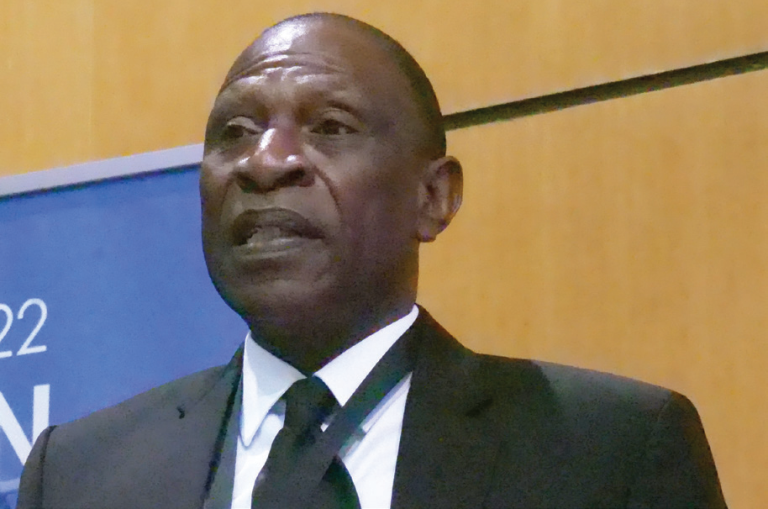Green industrialisation; where is Malawi?
The United Nations Economic Commission for Africa-Sub Regional Office, Southern Africa (ECA SRO SA) recently organised a meeting of the inter-governmental committee of senior officials and experts of Southern Africa (ICSOE), which took place in Maputo, Mozambique. Its theme was “Greening Industrialisation in Southern Africa through digitalisation, infrastructure development and regional integration: leveraging AfCFTA implementation”. Our reporter JACOB NANKHONYA caught up with Malawi’s deputy director in the Economic Affairs department at the Ministry of Finance and Economic Affairs RHINO MCHENGA and had this conversation about the meeting’s emerging issues. Excerpts.

How relevant was this meeting to Malawi’s development agenda?
The objectives are in tandem with our plans in Malawi. We are mindful that every country would like to develop but we are also mindful that we should not do that at the expense of environmental damage. So, this is more or less like being able to balance between being industrialised and at the same time making sure that we are mitigating the impact of industrialisation on the environment. Malawi already endorsed most of the things discussed here.
Looking at the things agreed at last year’s ICSOE meeting in Blantyre, how far has Malawi done in implementing them?
We have done quite a lot because I remember that one of the things was to review our development policy, especially on industrialisation and trade, which we have done. And there are several studies taking place at the moment with support from the ECA.
With the coming in of solar I think that the energy mix is a little diversified as compared to relying solely on hydro. As a country we are trying to make sure that we go a little greener and solar is also a little bit cleaner than hydro. So we are not doing bad in that respect and when we try to expand our energy source we will try to balance and get greener.
What are these studies being financed by the ECA?
One of them is taking stock of how much we have industrialised ourselves because it appears we didn’t have such information. As a country we have just been saying that we are industrialising, but there are no indicators that can be called say, by percentage. The outcome will help us plan accordingly on how much effort to apply to reach whatever levels of industrialisation we may need. Actually for the country to be called industrialised you need to have risen at least up to 25 percent. Most countries in the Sadc region are in the ranges of 10 and 15 percent.
But generally speaking where are we?
You know as a region we export more of the raw materials and we are trying to avoid that because the raw materials are sold very cheaply. So, as a region, we are trying to make sure that we add value to whatever we sell. We do a little bit of processing so that it fetches more. On that front Malawi is doing something because you will realise that we do have agriculture commercialisation project (Agcom) which is doing the same thing to make sure that there is value adding. So, as much as we are discussing this at regional level, as a country we have already started it.
If I can digress a little, there is a frenzy in the country of people wanting to learn how to manufacture different commodities, what would you say about this?
I think that this is a very good development only that if we can try to accelerate that kind of thinking where people should go into manufacturing because I know that this is how people like the Chinese developed, people were allowed to be innovative and go into manufacturing. However, the best way would be to allow the Malawi Bureau of Standards to come in because these are products that are going to be used by the people and they certainly have to be produced within the right standards. Another thing is to consider doing that at cooperative and not individual level because at group level it is easier to access financing.
Do you think that Malawi is making good use of the AfCFTA instrument?
It’s a little bit of chicken-and-egg scenario because we are saying that you import things without custom duty and you are losing money but if we can be clever enough we can export a lot and be able to balance, so we need to take care of things on our end because that is how Europe developed, thus to take advantage of their laws to make sure that goods and services move freely.






One Comment